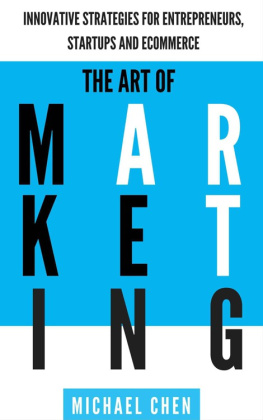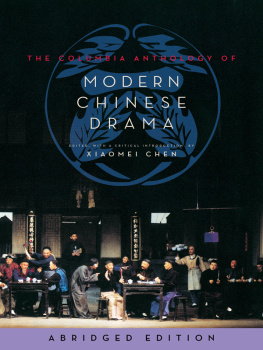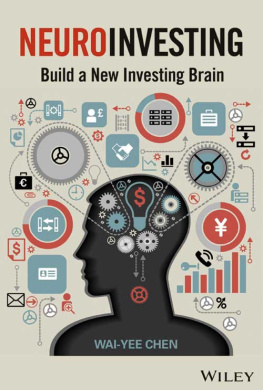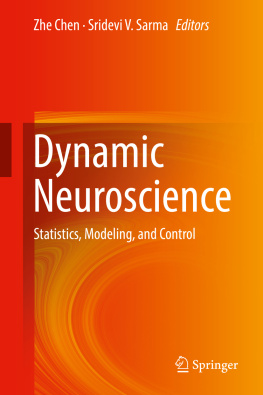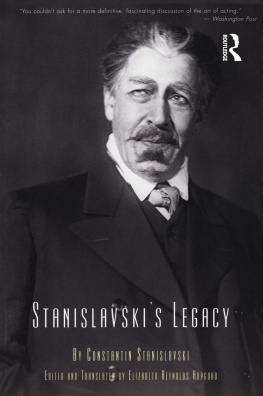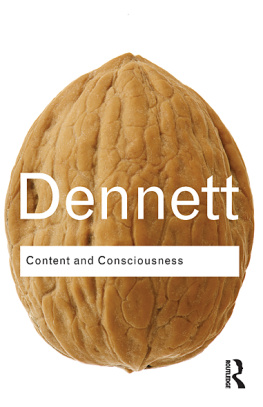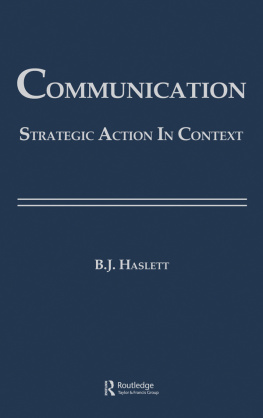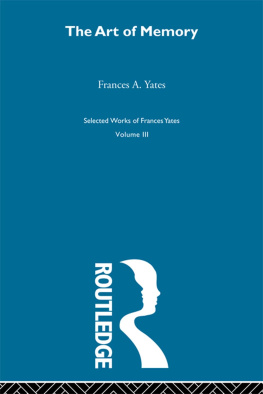First published in 1986 by
Kegan Paul International
This edition first published in 2010 by
Routledge
2 Park Square, Milton Park, Abingdon, Oxon, 0X14 4RN
Simultaneously published in the USA and Canada
by Routledge
270 Madison Avenue, New York, NY 10016
Routledge is an imprint of the Taylor & Francis Group, an informa business
Li Fu Chen, 1986
Transferred to Digital Printing 2010
All rights reserved. No part of this book may be reprinted or reproduced or utilised in any form or by any electronic, mechanical, or other means, now known or hereafter invented, including photocopying and recording, or in any information storage or retrieval system, without permission in writing from the publishers.
British Library Cataloguing in Publication Data
A catalogue record for this book is available from the British Library
ISBN 10: 0-7103-0250-9 (hbk)
ISBN 13: 978-0-7103-0250-2 (hbk)
Publishers Note
The publisher has gone to great lengths to ensure the quality of this reprint but points out that some imperfections in the original copies may be apparent. The publisher has made every effort to contact original copyright holders and would welcome correspondence from those they have been unable to trace.
This edition is dedicated with many thanks to Mr. Henry H. H. Yong and Colonel Mark P. Hsu, CAF (retired) who helped to bring this book to the west.
Foreword
It is a great pleasure and honour for me to be asked to contribute a foreword for the British edition of Chen Li-Fus The Confucian Way, for it is indeed an excellent exposition of those doctrines which have served the Chinese people so well for two thousand five hundred years. When in 1942, as a comparatively young man, I became Scientific Counsellor at the British Embassy in Chungking, Dr. Chen Li-Fu was no less than Minister of Education in the Chinese government. He befriended me most kindly, and in due course gave me sets of the Dynastic Histories of the two Han dynasties (Chien Han Shu and Hou Han Shu) printed in Szechuan with large characters; and these we have used ever since in the East Asian History of Science Library in Cambridge.
There can be no doubt that one of the most enlightening of experiences for anyone brought up in the tradition of Israel, Christianity and Islam, a tradition which accepts the idea of a transcendent creator God, is to spend some years among a people who have never needed this conception, and nevertheless have got on no worse than others over the centuries. Master Kung said that Heaven (Tien) would justify his words, and the Taoists, headed by Lao Tzu, spoke of the Tao, the Order of Nature, running through all things; so that in both these ways of looking at the world, God was impersonal and immanent. It is very salutary for any Westerner or Middle Easterner to realise that his or her own tradition of interpreting the universe is not the only one which all peoples have adopted, and such a realisation has an extremely liberating effect.
Perhaps Confucius (Master Kung) was greatest as an educationalist, for he averred that every young man who could profit from education ought to have it, irrespective of rank or birth. This conviction he never gave up, even though he lived in a feudal age, surrounded by arbitrary princes who could have had him tortured to death with as little compunction a man might crush a fly. It was not his only grand subversive doctrine either, for in the rectification of names (chng ming) he insisted that a spade should be called a spade, no matter how powerful were the influences which wanted it called a shovel. I remember also from my early years in China meeting another friend Lo Chung-Shu, who told me that his two given names, Chung, loyalty and conscientiousness, and Shu, forgiveness and understanding, summed up all the essence of Confucianism. But I must not trespass too far on the subjects so clearly expounded in this book.
There was another reason why I was fortunate in the timing of my first stay in China. The Chinese were being very hard-pressed by the imperialist-fascist enemy, and had no time to worry about what a foreigner was doingthus I was able to bend my steps into many a deserted temple. In that way I learnt how extremely numinous the Confucian Temples (Wn Miao) could be, with the ancient trees in the courtyard, the semi-circular pond and the library building; while in the main hall there was never any image, only an altar with candles and a great inscription above which said The perfumed throne of the Sage, the Teacher of Ten Thousand Generations (Kung Tzu, Wan Shih chih Hsiang Wei). The only clergy were the local officials, who came once a year to celebrate the sages birthday; and indeed it was his belief in education which made him for two millennia the patron saint of the bureaucratic mandarinate. Whether or not you call Confucianism a religion depends on your definition of the word; if, as I would maintain, this is primarily concerned with the sense of the holy, then Master Kung certainly founded a religion.
I reckon that I have always been much more sympathetic to socialism than Chen Li-Fu. But how to get socialism with a human face? This is what, like George Orwell, I have always wanted, and I have all my life been essentially a Christian Socialist. Some indications of Master Kungs sociology can be obtained from pp.412 ff. of the present book, but it is not much use trying to trace back such modern conceptions into the sayings of ancient people. Of course, his exalted doctrines were de facto compatible with gross exploitation and class oppression for many centuries, but that is not an argument against them as such today. Nowhere on earth has there ever been a truly just and enlightened society; it is the goal we are always working towards, and the ideas of Master Kung, together with those of all the great prophets, priests, sages and saints of every generation give us light upon the way.
Lastly, one may ask whether Confucianism helped or hindered the development of the sciences and the technologies in China. The answer must be both. On the one hand, it helped because of its rationalism and its thoroughgoing scepticism; on the other it deprecated too much study of non-human, non-social, Nature. Yet one of the phrases from the Confucian books, the investigation of things is the beginning of wisdom (chih chih tsai ko wu) reverberated down through the ages, becoming the signal and watchword of all Chinese scientists and naturalists down to our own times. Confucianism did not flee the world, as Buddhism wanted to do, and its insights were not, like the Tao, essentially mystical and inscrutable; the only trouble was that its doctrines were essentially those of personal cultivation and social organisation, not outward-looking towards Nature as such. The Taoists felt in their bones that until we knew more about non-human Nature, human society could not be perfectly arranged or governed; and they may well have been right, but all the same Confucion doctrines deserve our warmest homage. Hence my homage to this present book, and its learned author.





